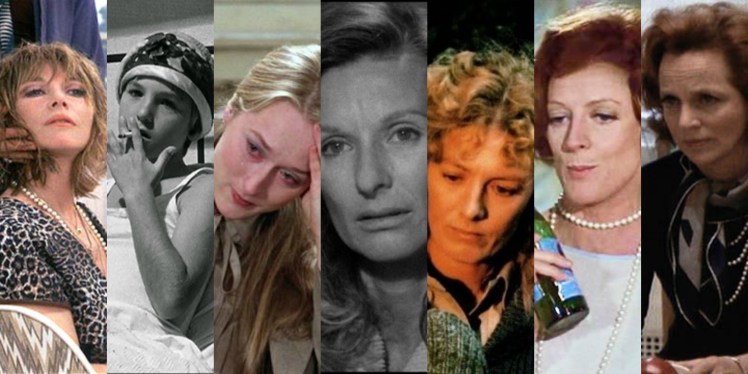 The 1970s was a surprisingly weak year for Best Supporting Actress winners but by the time we get into the top five we’ll have some real contenders for the title. And the decade’s big winner just might be the best Best Supporting Actress winner of all time.
The 1970s was a surprisingly weak year for Best Supporting Actress winners but by the time we get into the top five we’ll have some real contenders for the title. And the decade’s big winner just might be the best Best Supporting Actress winner of all time.
As always, I will comment on how I think each race should have panned out, but that cannot impact the outcome of this ranking.
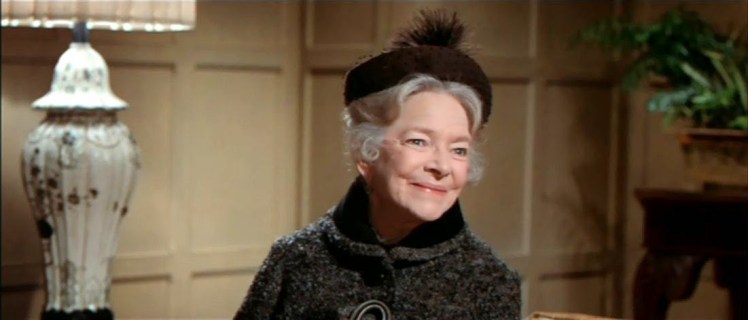 10. Helen Hayes, Airport (1970)
10. Helen Hayes, Airport (1970)
Helen Hayes is a legendary actress and one of the original Academy Award-winners (for The Sin of Madelon Claudet in 1932). She was spunky as the elderly stowaway in the original disaster movie (simply meaning that she got in before the disaster movie trend of trotting out ‘faded’ celebrities for bit parts hadn’t worn out its welcome yet). Yet there’s no denying this simple fact at the end of the day: if you watch Airport, then find out she won an Oscar for it, your exact reaction is “Wait, what?”
Should have won in 1970: Karen Black put up a fight with Five Easy Pieces but I’d go with Hayes’ Airport costar Maureen Stapleton, who was genuinely compelling without devolving into camp.
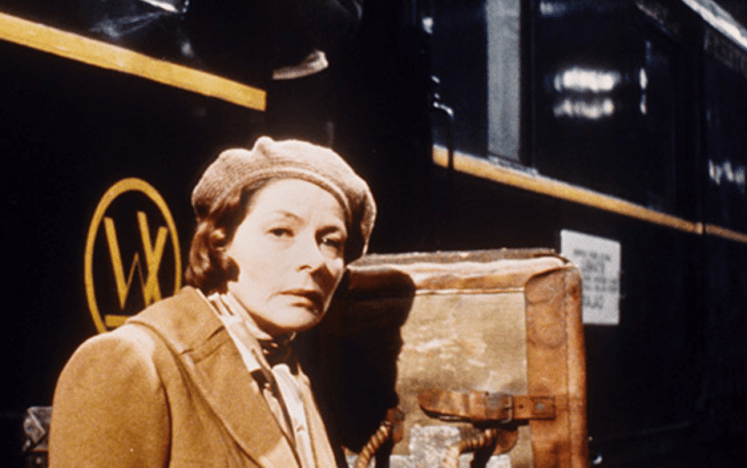 9. Ingrid Bergman, Murder On the Orient Express (1974)
9. Ingrid Bergman, Murder On the Orient Express (1974)
It was probably inevitable that someone from this film’s all-star cast would receive an Oscar as a stand-in for the collective. Albert Finney would have been the better choice but Bergman’s role gave her the showcase emotional moment that grabs a voter’s attention. Her crying scene might as well have a caption that says “Oscar clip.” But that’s all there is. In a movie densely packed with celebrities, no one is allowed a chance to really do much with their character. Sure the whole is greater than the sum of its parts, but they just don’t hold up when isolated.
Should have won in 1974: Diane Keaton missed a nomination for Godfather Part II, so put her in. Mark Harris also pointed out that Faye Dunaway’s role in Chinatown is actually a supporting role, so bump her Best Actress nom to this category and we have ourselves a competition in which I go for Dunaway.
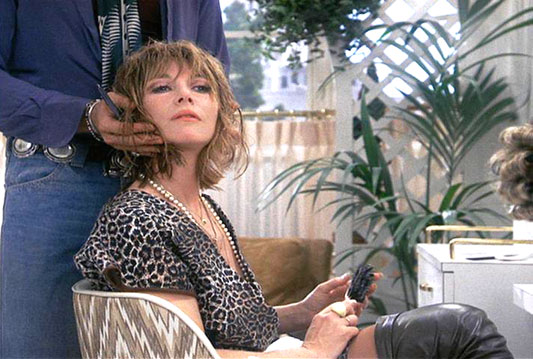 8. Lee Grant, Shampoo (1975)
8. Lee Grant, Shampoo (1975)
Lee Grant was blacklisted after refusing to testify against her husband in 1952. She spent 12 years unable to act in what would have been the prime of her career. Her Oscar here is essentially an apology. Unfortunately, she won for a fluffy comedy about a dumb hairdresser who can’t keep his pants zipped. Grant enjoys her role but can’t seem to make up her mind about her character’s motives. Some of that is the script, some is Grant. She’s fun, but you can’t look too closely or think too hard because it will all fall apart if you do.
Should have won in 1975: Two performances from Nashville probably crowded each other out but either one would have been a better choice: Ronee Blakley or Lily Tomlin. Personally, I think Tomlin’s subtle layering gave her character a full emotional life and an arc within the movie. Tomlin should have won.
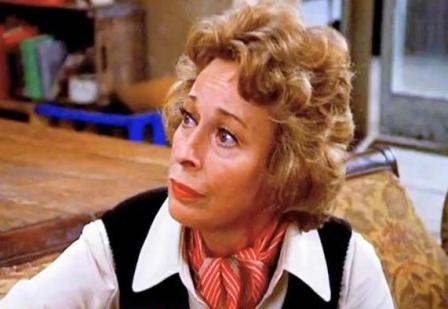 7. Eileen Heckart, Butterflies Are Free (1972)
7. Eileen Heckart, Butterflies Are Free (1972)
The Supporting Actress category has a proud tradition of honoring wives and mothers. Here, Heckart plays a smothering mother who has been holding her blind son back from living his life. It’s not Heckart’s fault the movie’s flower child vibe hasn’t aged well, and to her credit, she manages to build her clichéd character to a genuinely moving finale. There’s just no disguising that there isn’t much there.
Should have won in 1972: The one that deserved it wasn’t even nominated: Diane Keaton’s performance is one of the most consistently underrated things about The Godfather.
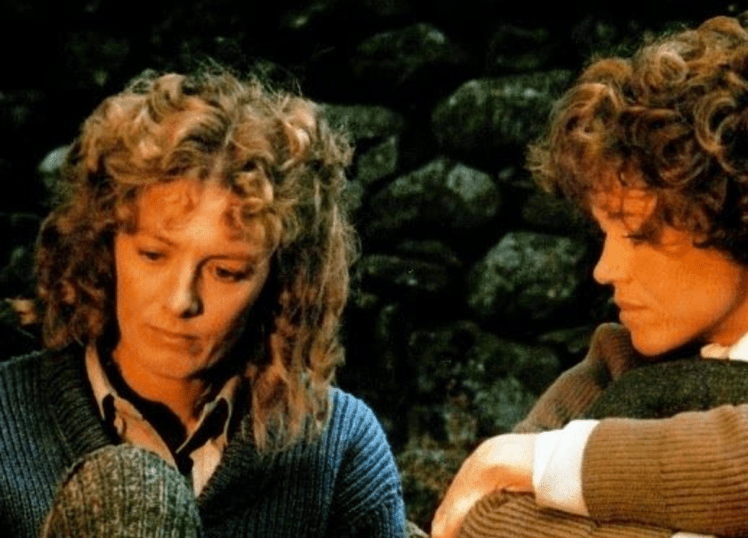 6. Vanessa Redgrave, Julia (1977)
6. Vanessa Redgrave, Julia (1977)
Like her costar Jason Robards, Redgrave doesn’t have much screentime in Julia. Unlike Robards, the screenplay gives Redgrave enough room to make her presence felt. The movie basically asks her to haunt Julia, even before her character is killed offscreen. Redgrave rises to the occasion. I read an article where someone rewatched this movie after twenty years and was shocked by Redgrave’s short amount of screen time because they remembered her being such a big part of the film. I can see that. She definitely gets help from the screenplay, which builds Julia up, but it wouldn’t have worked if Redgrave didn’t stick the landing.
Should have won in 1977: With weak competition, Redgrave deserved it.
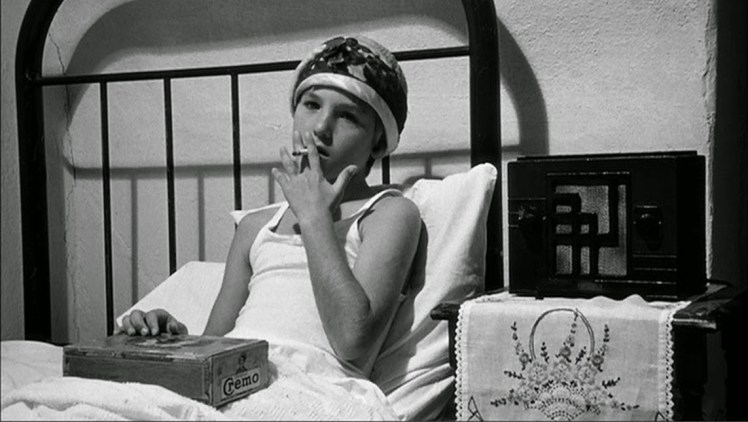 5. Tatum O’Neal, Paper Moon (1973)
5. Tatum O’Neal, Paper Moon (1973)
Any time a child wins an award there’s debate over how much is due to skill and how much is due to a director who knows how to get a child to deliver what they need. Given that Tatum O’Neal also had her demanding father as a costar, there are plenty who dismiss her. There are even rumors that director Peter Bogdanovich made her do as many as fifty takes to get scenes right. But O’Neal is in almost every scene of Paper Moon. She does just as much work to carry the movie as her father, and onscreen it comes across beautifully. In fact, O’Neal’s is the longest performance by a winner in the supporting category at the Oscars. There may have been turmoil behind the scenes, but O’Neal turned in a winning performance in the end.
Should have won in 1973: 1973 was a battle between two underage actresses: Tatum O’Neal and The Exorcist‘s Linda Blair. Blair is more iconic but gets help from a demonic voice dubbing. I’d still go O’Neal.
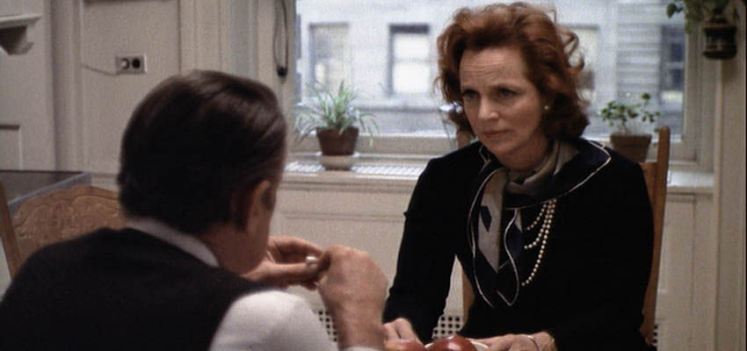 4. Beatrice Straight, Network (1976)
4. Beatrice Straight, Network (1976)
I love Beatrice Straight in Network. I watch her big scene all the time on YouTube. When her husband reveals his infidelity, Straight burns the screen down. The problem is that big scene is all she gets to do in Network. She shows up in the background of one or two other scenes, but this one moment is her only real scene. When the competition is doing a lot more heavy lifting in their movies, it’s tough not to give them more consideration. Still, when I think of Network, Straight’s scene is the first I go to. Someone once said that Straight deserved her Oscar because her scene wouldn’t have worked with any other actress, and I believe that.
Should have won in 1976: As much as I love Straight, Piper Laurie should have won for Carrie. Straight’s pure genius in a single scene can’t match Laurie’s mad genius.
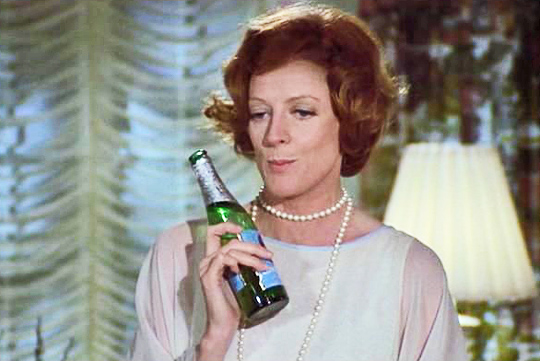 3. Maggie Smith, California Suite (1978)
3. Maggie Smith, California Suite (1978)
Smith has the distinction of being the only actor to win an Oscar playing someone who lost an Oscar. Smith plays an actress in a marriage of convenience to a gay man played by Michael Caine. They have effortless, breezy chemistry. Smith masterfully shows that the marriage of convenience is no longer satisfactory to her because she is in love with a husband who is incapable of loving her back. So they joke to cover up how they feel. Then she loses the Oscar, they return to the hotel drunk, and Smith delivers a tear-stained breakdown that somehow still manages to be funny. She makes you cry and laugh at the same time. It’s brilliant.
Should have won in 1978: In case you can’t tell, Smith deserved it.
 2. Meryl Streep, Kramer vs. Kramer (1979)
2. Meryl Streep, Kramer vs. Kramer (1979)
One of the greatest things about Streep in Kramer vs. Kramer is that it shows how well she understands her characters and the deep level of empathy she has for them. Writer/director Robert Benton and co-star Dustin Hoffman couldn’t understand what would make a mother leave her husband and child, then come back. Thankfully, they sought Streep’s advice and she essentially rewrote her character from scratch. And there it was: a woman who felt stifled by life because she wanted more. She wanted a career and a life, and society told her not to go after those things. It would have been easy to make her a two-dimensional villain but Streep made this woman beautiful and complicated.
Should have won in 1979: Streep.
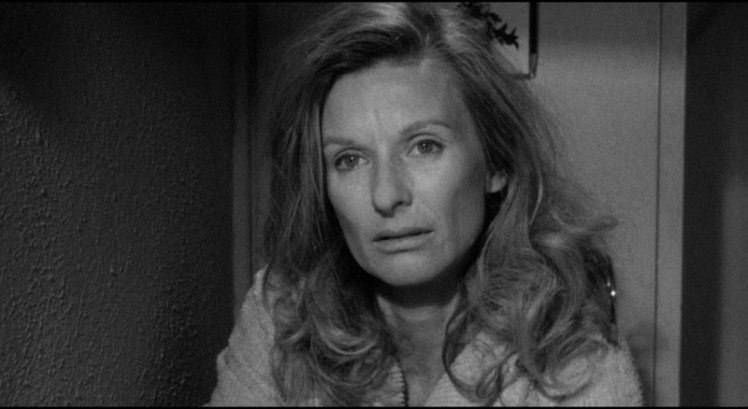 1. Cloris Leachman, The Last Picture Show (1971)
1. Cloris Leachman, The Last Picture Show (1971)
I don’t think anyone familiar with Cloris Leachman through her comedy career will be prepared for how thoroughly she breaks your heart. Her depressed housewife rattles with rage and sadness and disappointment and heartbreaking hope–frequently all at once. It isn’t just the costuming or the hair or even Leachman’s use of her voice and expressions. Down to her every gesture, down to the look in her eyes, she embodies the broken heart and soul of Ruth Popper.
Should have won in 1971: Cloris Leachman gave one of the best supporting actress performances of all time. She deserved it.
For more, check out my Academy Awards page. Up next, Best Actor of the 70s.
Just for fun, let’s see how things would shake out with all the ladies who should have won:
10. Maureen Stapleton, Airport (1970)
9. Vanessa Redgrave, Julia (1977)
8. Tatum O’Neal, Paper Moon (1973)
7. Lily Tomlin, Nashville (1975)
6. Maggie Smith, California Suite (1978)
5. Diane Keaton, The Godfather (1972)
4. Faye Dunaway, Chinatown (1974)
3. Meryl Streep, Kramer vs. Kramer (1979)
2. Piper Laurie, Carrie (1976)
1. Cloris Leachman, The Last Picture Show (1971)